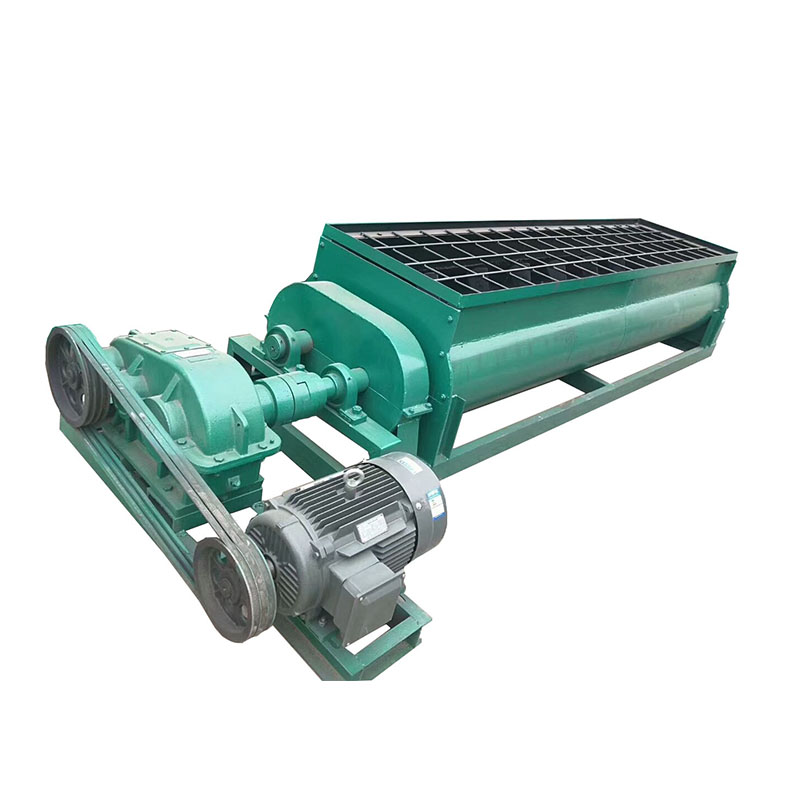
Did you know that the global market for industrial mixers is projected to reach over $5 billion by 2026? Among these, the Horizontal Twin-Shaft Mixer stands out due to its efficiency and versatility in various applications. However, as with any industrial equipment, it is crucial to understand its legal and regulatory attributes.
The Legal Framework Surrounding Horizontal Twin-Shaft Mixers
The Horizontal Twin-Shaft Mixer is not just a piece of machinery; it operates within a complex web of legal regulations that govern manufacturing standards, safety protocols, and environmental compliance. These mixers must adhere to industry-specific guidelines set forth by organizations such as OSHA (Occupational Safety and Health Administration) in the United States or similar bodies worldwide. Additionally, their design may be protected under Intellectual Property Rights (IPR), which ensures that innovations related to this technology are legally safeguarded against unauthorized use.
Intellectual Property Rights Related to Horizontal Twin Shaft Mixers
Diving deeper into Intellectual Property Rights (IPR), we find that horizontal twin shaft mixers can be subject to patents covering unique designs or functionalities. This protection allows manufacturers like Xincheng to secure exclusive rights over their innovative mixing technologies. Furthermore, trademarks associated with specific models or brands help maintain brand identity while ensuring consumers recognize quality products in a competitive marketplace. Copyrights may also play a role if there are proprietary software components involved in controlling mixer operations.
Xincheng’s Unique Position on Intellectual Property Rights
Xincheng has established itself as a leader in the field of mixing technology through robust adherence to IPR principles. The company actively invests in research and development aimed at creating cutting-edge solutions while simultaneously protecting its intellectual assets through strategic patent filings. By doing so, Xincheng not only enhances its market position but also contributes positively towards innovation within the industry—ensuring that advancements benefit both producers and end-users alike.
Conclusion

In summary, understanding the legal framework surrounding Horizontal Twin-Shaft Mixers is essential for anyone involved in their production or utilization. From adhering to safety regulations mandated by governing bodies to recognizing how Intellectual Property Rights protect innovations within this sector—these elements collectively ensure sustainable growth and technological advancement for companies like Xincheng operating at the forefront of mixing technology.

